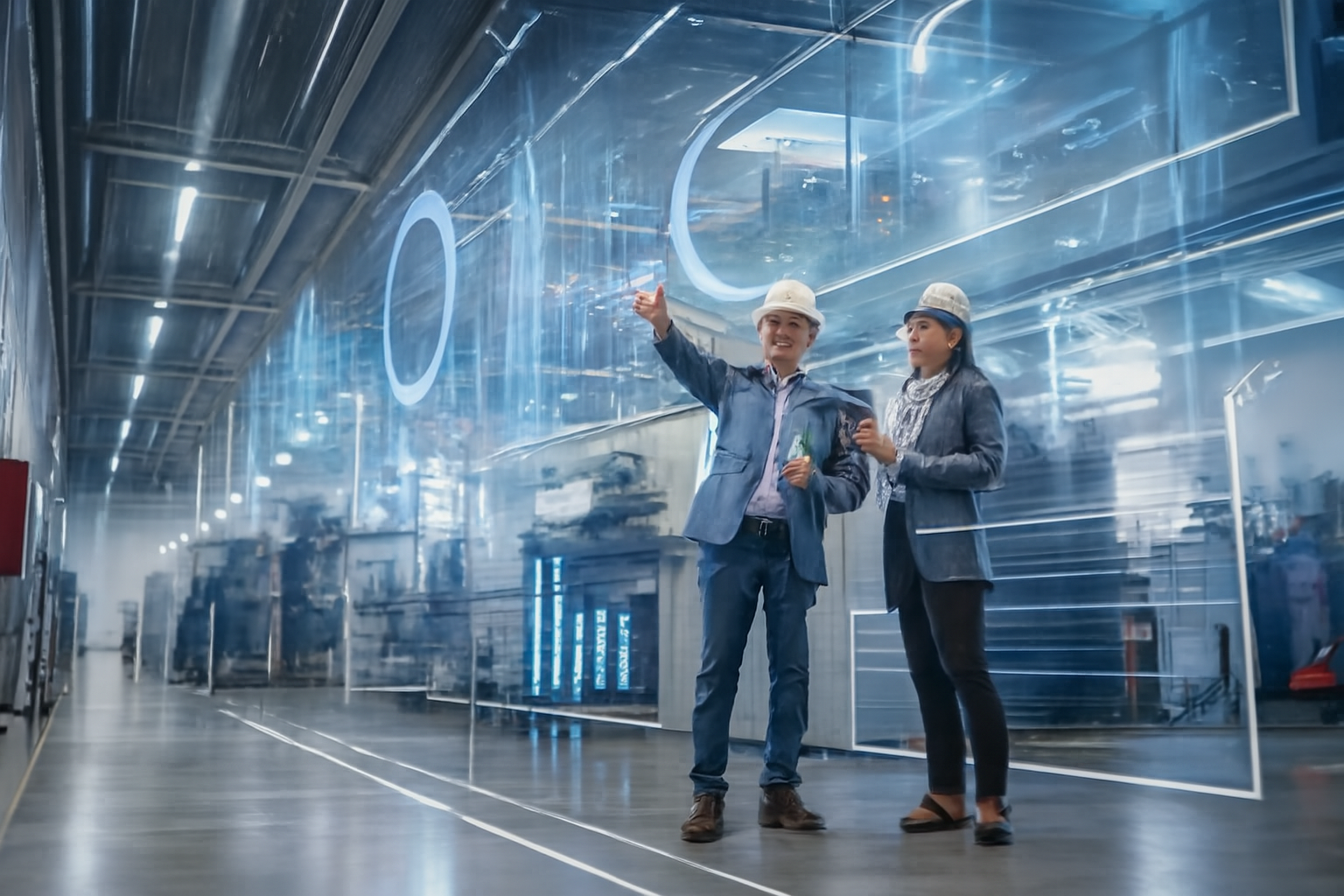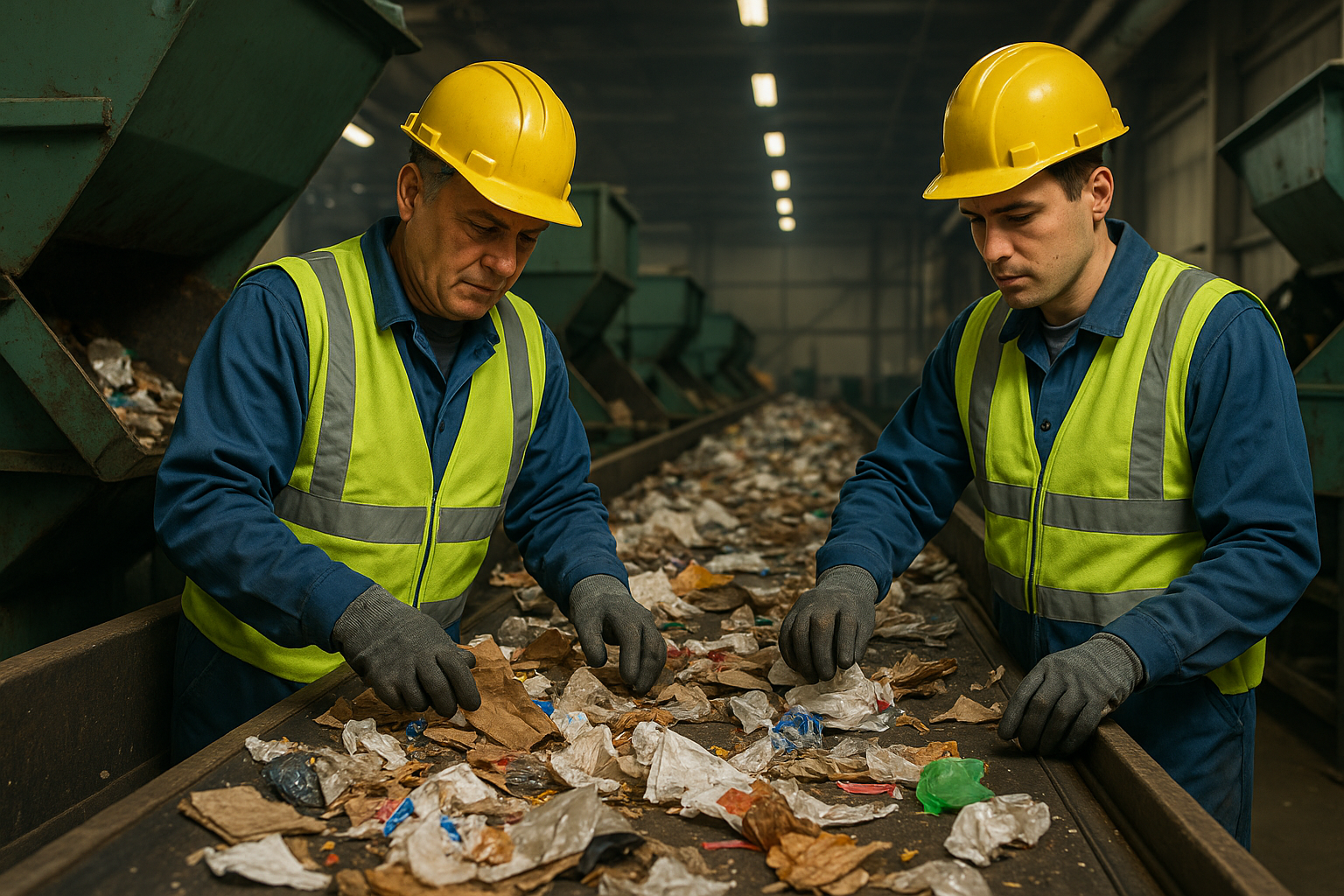Facilities Management (FM) is changing faster than ever before. For decades, the industry relied on people, paperwork, and reactive maintenance. But today, a new wave of technology—driven by Artificial Intelligence (AI) and robotics—is transforming the way facilities are run.
From predictive maintenance to autonomous cleaning, these innovations aren’t just making operations more efficient; they’re reshaping the very future of how we manage buildings and workplaces.
Why AI and Robotics Are Game-Changers in FM
At its core, AI is all about teaching machines to “think” and learn, while robotics is about building machines that can actually do the work. Put them together, and you get powerful solutions that help facilities managers automate everyday tasks, prevent costly breakdowns, and create safer environments.
Think of it this way: instead of waiting for something to break, AI can predict when it will fail. Instead of a cleaning crew spending hours on repetitive tasks, robots can handle it with precision—freeing people to focus on higher-value work.
The Technologies Leading the Way
-
Predictive Maintenance
Sensors and AI models analyze equipment data to forecast problems before they happen. Siemens Energy, for example, uses AI-powered platforms that have significantly reduced downtime. -
Autonomous Cleaning Robots
Universities and large campuses are already deploying smart cleaning robots that navigate hallways on their own. The University of Regensburg saw improved consistency and efficiency after adopting them. -
AI-Driven Security
Smart cameras, drones, and robotic patrols can detect unusual activity in real time—providing 24/7 surveillance without the fatigue or limits of human guards.
Real-World Impact: From Cost Savings to Safety
The benefits aren’t just theoretical—they’re happening now.
-
Amazon’s robotic fulfillment centers have cut order fulfillment costs by 25% at their Louisiana facility.
-
NTT DATA’s quadruped robot, developed with Mitsubishi Chemical, autonomously inspects equipment and detects anomalies in manufacturing plants.
And beyond efficiency, safety is a huge win. Robots equipped with thermal cameras and gas detectors can scan for hazards in dangerous areas, reducing risks for human workers.
Looking Ahead: What’s Next for Facilities Management?
The future of FM is about even deeper integration. AI combined with the Internet of Things (IoT) will make buildings smarter than ever—collecting and analyzing data in real time to optimize everything from lighting to HVAC systems.
Robots will become more autonomous and versatile, handling a wider range of tasks. And perhaps most importantly, AI and robotics will be key in helping organizations meet sustainability goals—cutting energy waste, reducing emissions, and supporting green building initiatives.
Final Thoughts
The future of facilities management is not about replacing people—it’s about empowering them. AI and robotics take over the repetitive, hazardous, and data-heavy tasks, allowing facilities teams to focus on strategy, innovation, and creating better experiences for everyone who uses the space.
For organizations, embracing these technologies isn’t just about staying current—it’s about staying competitive. Smarter, safer, and more sustainable facilities are no longer a dream of tomorrow; they’re being built today.
👉 Contact FM Services AU to book a waste management consultation and discover how we can make your facility more sustainable.




